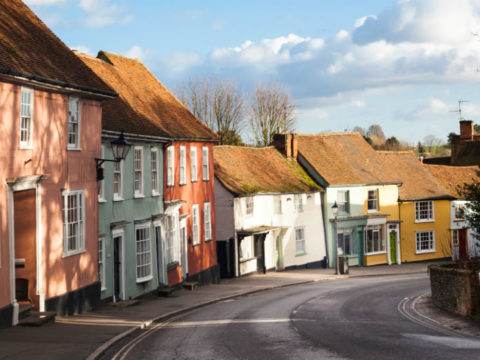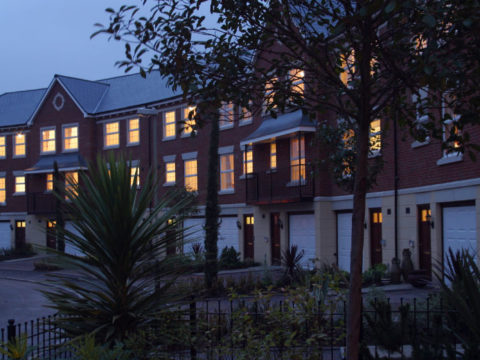Recent surveys saw 49% of respondents identifying insurance as either ‘fairly’ or ‘very’ difficult to understand. 40% admitted to just skipping rather than reading the terms and conditions for their car insurance, and 39% did the same for home insurance. But, what are some of the common twists that catch policy holders unawares?
1) It’s a common assumption that a burglar alarm decreases premiums, but contrary to popular belief, many insurers don’t actually give deductions for an alarm. However, there have been instances where insurance policies have auto-renewed and suddenly require a specific model of alarm in order to be valid, so it’s worth bearing this in mind and taking an in-depth look at the small print.
2)When you jump on a banana boat on holiday, you probably wouldn’t expect it to nullify your policy, but one in five travel insurers don’t include banana boats as part of their standard annual travel cover. More adventurous sports and activities such as bungee jumping and sea kayaking are often excluded, too, so it’s important to check the specifics of your policy. If you’re skiing or snowboarding, it’s worth keeping an eye out for a specific ‘winter sports’ section in your cover.
3)Almost half (45%) of people believe that home emergency cover applies all year around, but in actual fact more than one-tenth of policies have an exclusion period between May and September, meaning that you might be best switching your boiler off over the summer months!
4)The phrase ‘European Travel Insurance’ can be a bit misleading as many policies won’t cover Cyprus, Spain and Turkey. Similarly, you might think that worldwide cover includes the whole globe, but often countries such as the US, Canada and the Caribbean, don’t qualify and need their own insurance policies.
5)One of the more common complaints with car insurance is that when a car is a write-off, the motorist doesn’t get the value they would have hoped for. The reason for this is that they receive an amount equal to the vehicle’s market value right before it was damaged, rather than its original value.
To ease this issue, you can actually buy a shortfall product called ‘gap insurance’ to help bridge the gap between the insurance payment and the value of the car when you bought the cover.
This would usually be used for vehicle purchases at the more expensive side of the spectrum.
Always remember to Read you’re all of your insurance documents to ensure you do not get caught out!




